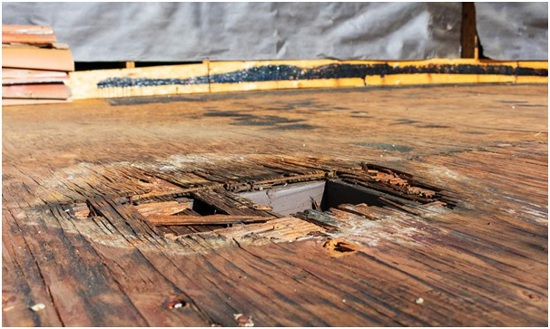When the unexpected deluge of water damage hits your home, it’s not just about the soggy mess; it’s about bouncing back financially. Filing a successful insurance claim in the wake of water damage is like steering through a bit of a bureaucratic maze. In this piece, we’ll break down some straightforward yet crucial tips to make sure your journey through the insurance claim process is as smooth as possible.


1. Swift Action
First things first, don’t dilly-dally. As soon as you notice water wreaking havoc, ring up your insurance company. Tell them the whole story – when it happened, what caused it, and how bad it is. Being quick on the draw not only helps speed up the claim process but also shows you’re on the ball when it comes to preventing more damage.
2. Snap It All
When it comes to insurance claims, a picture is worth more than a thousand words – it’s worth some serious cash. Take photos or videos of the damage before you mop up or start repairs. These visuals are like your secret weapon when convincing the insurance adjuster of the havoc water wreaked. Also, keep a list of what’s damaged, including how much it costs and when you got it. Receipts are your new best friends.
Move stuff that’s waterlogged, get things dried out, and if you have to, patch up your place to stop more water from getting in. Insurance policies usually want you to do what you can to prevent things from getting worse. Keeping records of your DIY damage control is your ticket to proving you did your best.
4. Decode Your Policy
Understanding your insurance policy is like having a map through this process. Know what’s covered, how much you’ll have to chip in (that’s the deductible), and any tricky bits about water damage. Some policies cover certain types, like burst pipes, but not others, like flooding. Knowing the ropes lets you tailor your claim and make sure you’re getting what you deserve.
5. Talk the Talk
Talking to your insurance company shouldn’t be a head-scratcher. Be clear about what happened, what you did to keep things from getting worse, and any worries you have. Respond quickly when they ask questions and send over any paperwork they need pronto. Good communication builds trust, and trust can speed things up and get you a fair deal.
6. Call in the Pros
Sometimes, it’s worth bringing in the experts. Hire pros to check out the damage – folks who know their way around water restoration or building structures. Their expert opinions can carry a lot of weight in the claim process. If there’s a dispute about how much things cost or how bad the damage is, having a pro in your corner can make all the difference.
7. Watch Out for Quick Fixes
Insurance companies might slide a quick settlement offer your way. It might seem like a lifeline, but it’s worth a closer look. Quick settlements might not cover everything, especially if more problems pop up later. Take your time to suss out the offer, and if you’re not sure, get a second opinion. Making sure you get a fair shake is way more important than a speedy resolution.
Facing a water damage claim is daunting, but mastering the insurance claim process is crucial for a swift recovery. Act swiftly—report the incident promptly, document damages comprehensively, and mitigate further harm. Understand your policy intricacies, differentiating between replacement cost and depreciation. Keep organized records, especially for additional living expenses during displacement. Beware of exclusions that might limit coverage.
If the claims process becomes overwhelming, hiring a public adjuster can be beneficial. Review settlements meticulously before finalizing, as acceptance is often binding. Post-settlement, maintain open communication with your insurer for unforeseen issues. These tips, combining prompt action, thorough documentation, policy understanding, and strategic communication, form a robust blueprint for navigating water damage insurance claims successfully. Remember, knowledge and diligence are your allies in securing a fair and efficient recovery.
In the realm of insurance claims, mistakes can take a hefty toll. Failing to report water damage promptly, overlooking policy details, or hastily accepting settlements can jeopardize your recovery. Each misstep may lead to financial setbacks or inadequate compensation. Precision is paramount; thorough documentation, careful policy review, and measured decision-making are essential to avoid costly errors in the intricate landscape of insurance claims.
Conclusion
Dealing with water damage is a headache, but a smartly managed insurance claim can be the painkiller you need. Move fast, document everything, know your policy, talk openly, bring in the pros if needed, and be cautious about quick settlements. Don’t let the water mess get the better of you – use these practical tips for a successful journey through the twists and turns of water damage insurance claims.















